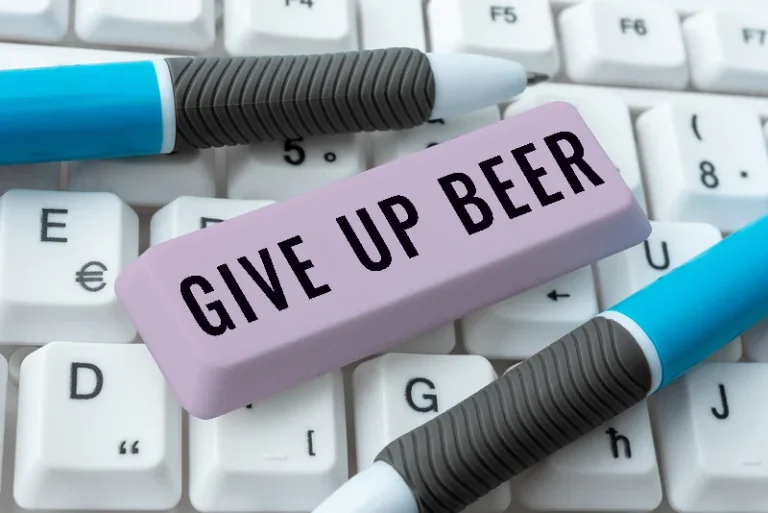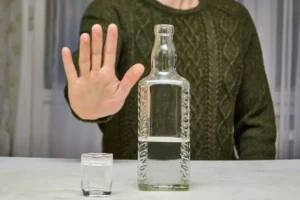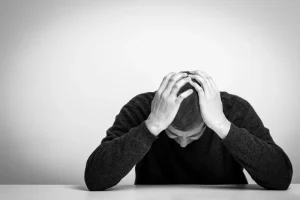
Maybe we feel lonely or lost an important relationship. Or perhaps our life isn’t going the way we planned. We’re stuck in a miserable job and have lost hope that anything can change. Similarly, a reader who commented on my post, “What Recovering Alcoholics Can Teach Us About Happiness,” discussed her negative experience in AA. She described some longtime members as “seething cauldrons of anger.” Another commenter observed that many AA members are caught in a cycle of negativity. This is certainly a common view for many who spend time in AA.
Drunk people become experts—and want you to know it.
- Maybe the problem is less about me and more the act of having to perpetually convince.
- I was emotional, without my recovery lifestyle, and worse, without sleep.
- You can’t grit your teeth and bear this sort of thing.
Thinking back to before I was sober, I usually had to drink to be around people. When I stopped drinking, not only did my recovery dictate that I needed lots of time to myself, lots of self-care, and lots of nights in, I discovered that I was, in fact, someone who relishes in alone time. I recharge when I’m by myself, and I deplete when I’m with others—especially big groups. In these moments, I have to remind myself that recovery isn’t just about not drinking; it’s about remembering that I am first and foremost responsible for advocating for my own well-being and boundaries. This is an opportunity to assert for your needs, and therefore assert your worth. It’s part of the sobriety package, and it’s not necessarily a bad thing.
- My biggest fears in life include being in large groups of strange people, standing at parties by myself, and really just people in general.
- If I still feel these horrible things in sobriety, something is wrong with ME.
- I’d also like to take this time to emphasize just how important a sense of community is in sobriety, no matter what that looks like.
You’re more productive.

In fact, getting sober and sustaining sobriety is easier when you have a trusted support system motivating, encouraging, and supporting you along the way. A study from Substance Abuse indicates that having support from others can improve a person’s chances of engaging in and completing detox and treatment for addiction. This guide includes the steps required to fully support the path and the journey to addiction recovery. When things seem to be going down hill, you must remember that bad things happen to people all the time.
After a couple of cocktails, drunks get real.
If I still feel these horrible things in sobriety, something is wrong with ME. The early days of sobriety are challenging. The physical and psychological withdrawals are one thing, but learning how to live as a sober person with problems that can’t be masked in alcohol is quite another. Ask any sober person whether they want to go to a cocktail party or stay in with a pack of La Croix, The Crown, and a bathrobe. I’d bet nine out of 10 of us won’t even answer, and we’ll just laugh because it’s such a ridiculous question.
Instead of reaching out for help, giving AA a shot, or opening up to friends and family, I tried to Google my way to emotional stability. Building being sober sucks resilience and training the voice inside your head to be less negative is a lifelong process. Hell, it takes time to get just sort of okay at it.

It is not the mere fact that I am away from mind-altering substances, but it is because of the spiritual actions that can free my mind from itself. There are people for which sobriety is a deal-breaker. This might seem like a terrible thing; this is not a terrible thing.
- How you feel today — no matter how boring, stifling, angering, or depressing it may be — will be different tomorrow.
- Finding happiness in sobriety is a process that takes time but is totally achievable with the right daily supports, priorities, and commitments.
- Prove to yourself that you can finish what you start and be reliable.
- This is an opportunity to assert for your needs, and therefore assert your worth.
- This is a JOYOUS and wonderful thing because it easily sorts out the ones that have a weird relationship with alcohol, or the ones that just aren’t for you.
However, when it has happened, I have to speak up to point out that I didn’t drink and I’m not subsidizing their drinking. If you’re like me, this can feel entirely terrifying. I have always hated the feeling that I’m putting people out or being difficult. So if all of your friends drink alongside you, then there’s no issue, right? Well, there’s a concept in psychology known as “confirmation bias,” and it means that we often look for evidence to support something that we already believe to be true.


